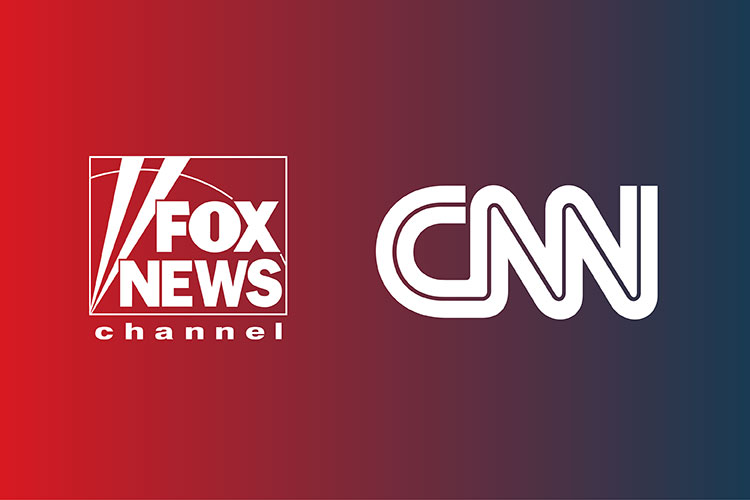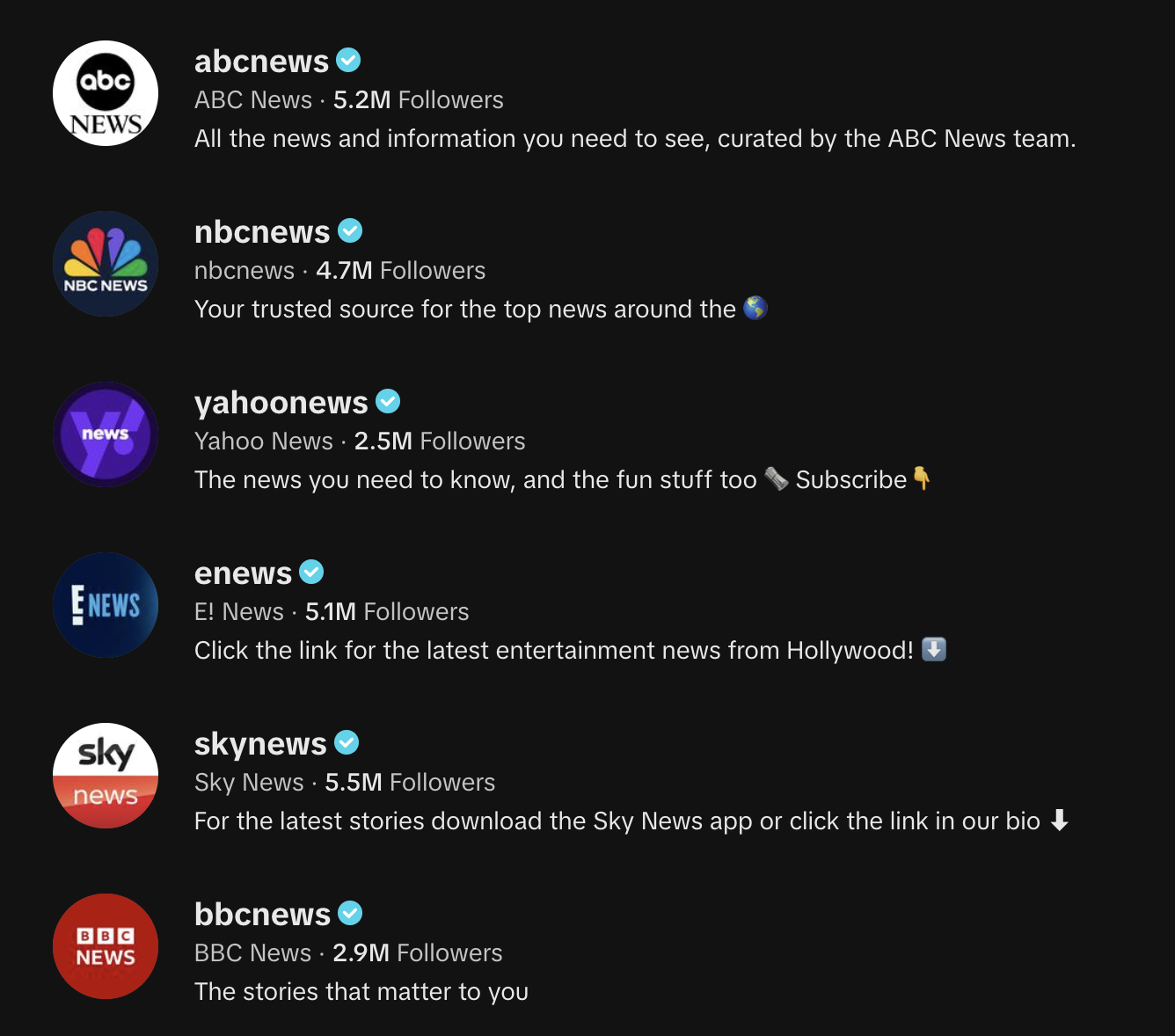Marketplace of Ideas
After exploring and researching the eight values of free expression to compose this blog post, I chose John Milton's theory of the Marketplace of Ideas as the value of free expression that I resonated most with. I completely agree with Milton's theory that the truth will be revealed in an open market of competition. I see this marketplace on a daily basis, including published work, opinion pieces, social media posts, etc. The truth is vital for our country to thrive, and if the marketplace of speech and ideas was not open and unregulated, the public would receive a diluted version of the truth. Milton believed in "free, transparent public discourse" in order to achieve this marketplace, thereby allowing the truth to claw its way to the top amid competition and "falsehood."Our country and its protection of free speech under the 1st Amendment allowed for this competitive market to form. The government is unable to interfere in the publishing of pure speech, and the enactment of concepts like prior restraint and subsequent punishment are strictly regulated by the Constitution and Judicial Review, in order to hinder the government's reach into our media and speech rights.
While I agree that the Marketplace of Ideas is the best system to foster competitive speech and allow falsehood in an effort to reveal that truth, I have noticed an increasingly alarming separation between the truth, and what the media wants America to see. A YouTube video I found titled "How the marketplace of ideas went rogue," Eli Pariser from Big Think explains that huge media corporations have stopped reporting what is best for their audience to consume. Instead, media outlets produce what is best for their viewers to see, to align their opinions with fact and keep certain groups of supporters happy. It is no secret that CNN is a left-leaning news outlets, while Fox News leans in the opposite direction. While CNN posts very few negative articles about President Biden, Fox News posts many and many. Each produces media that their followers want to see. Though causation cannot be proven, I believe in a strong correlation between the deepening political divide of our political parties and the increasing political bias within American news outlets.This bias does not promote the healthy competition Milton's Marketplace of Ideas was founded upon, and is honestly frustrating as an American citizen. If we have lost trust in the media, then how do we know what is the truth? "How the marketplace of ideas went rogue" also pointed out that "journalism is presented right alongside opinion content" in today's media world. I agree with this, especially because I see opinion post after opinion post on social media, and rarely news headlines or updates that don't involve the negative qualities of political candidates. Ultimately, I feel that our marketplace is not trustworthy in revealing the truth because opinion overshadows truth, but it is a slippery slope to attempt to regulate media corporations' to reduce their bias but preserve freedom of speech.
Licensing
One of Milton's main stances was written within his book Areopagitica, where he renounces Parliament's licensing order, which required any work from English citizens to possess a license to be published at the time. The government's requirement was that all pieces of work must be approved and licensed before they were published. Milton believed that Parliament's effort to stop books of "scandalous, seditious, and libellous" nature was not at all fruitful through the licensing order. Later in Areopagitica, Milton argues:
 "Last, that it will be primely to the discouragement of all learning, and the stop of Truth, not only by disexercising and blunting our abilities in what we know already, but by hindring and cropping the discovery that might bee yet further made both in religious and civill Wisdome."
"Last, that it will be primely to the discouragement of all learning, and the stop of Truth, not only by disexercising and blunting our abilities in what we know already, but by hindring and cropping the discovery that might bee yet further made both in religious and civill Wisdome."The idea presented within this quote is reflected by our present concept of prior restraint, which was established by the Supreme Court in the decision of New York Times v United States, 1971. After the Pentagon papers were leaked to the press, President Richard Nixon attempted to enact prior restraint upon them, claiming that he did this for national security purposes. The Court ruled against President Nixon and in favor of free speech, thereby voiding his order of prior restraint because the papers contained evidence that both the President and government had lied to the public about facts of the Vietnam war. The precedent set by the Court decision of this case was that prior restraint can only be justified if there is clear evidence that the publishing of information has a direct threat to national security. The website Oyez provided me both the background information and the Court's ruling and decision for this case.
If the Supreme Court had ruled in favor of President Nixon's use of prior restraint, The New York Times and Washington Post would have been unable to print the evidence that the government was reaching its fingers farther into the war than the public, or anyone, knew.
Milton's values align against the concept of prior restraint, in which the Supreme Court has set precedent that this restriction on free speech and publication may only be invoked with evidence of the clearest threat to American safety. If the same licensing order that Parliament dictated centuries ago was still in effect today, all of our news and information would be government-approved and thereby censored to prevent tarnishing to the government's reputation and any discordance against the government from the people.
Connections
There are two things that draw me to Milton's Marketplace of Ideas: the first, that I have Journalism and English majors, and the second, my frustration with political bias in today's media. As a passionate writer for most of my life, I have always wanted to explore some kind of career within the journalism field. Milton's argument about lack of licensing to print and publish is a crucial concept to protect free speech within our country. Anyone can write and post anything (that is protected under the 1st Amendment), and this is how it should be. People with opinions should be able to express them without necessary government approval, in the same way that negative information about our government should be available to the public. If the government had the ability to enact prior restraint on my written work in the name of their own self-preservation, I would have no desire to work within the journalism field, or write anything opinion-related at all.
We talked in class about the censorship of CNN reporting on the Israel-Palestine conflict. Journalists who are reporting for CNN on the Gaza war "must submit their work for review by the news organization's bureau in Jerusalem prior to publication," according to Daniel Boguslaw, who writes for The Intercept. The article, "CNN Runs Gaza Coverage Past Jerusalem Team Operating Under Shadow of IDF Censor," goes on to explain that certain subjects are completely banned from being published about, and that CNN employees received an email informing them of what they can and cannot write about, including restrictions around the death toll of the conflict. Hearing this blatant example of censorship, even while it is happening in another country, is still extremely frightening when I think about the conglomerate that CNN is. If they are so quick to allow this censorship to happen, does that mean that other media outlets and news sources follow these free speech restrictions as well? It begs the question of whether or not this is happening in our media today as Americans, and how we prevent this censorship from leaking into our own marketplace.














